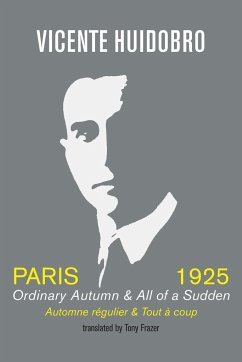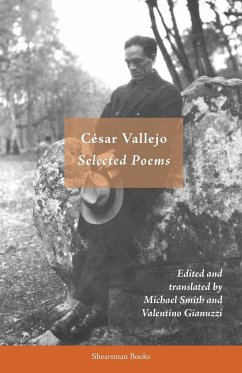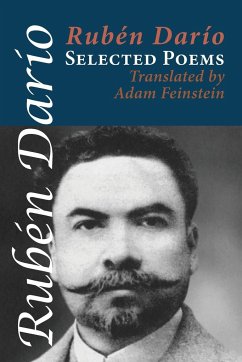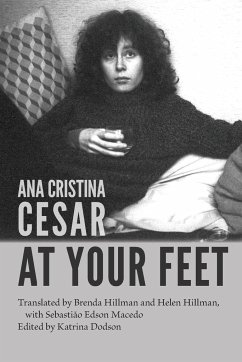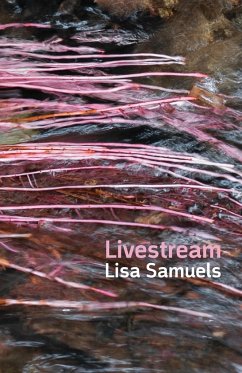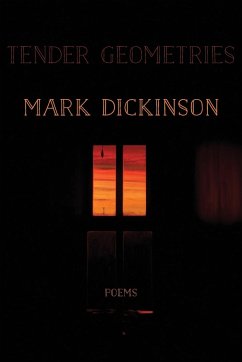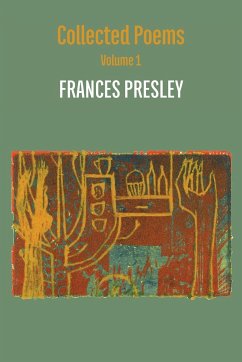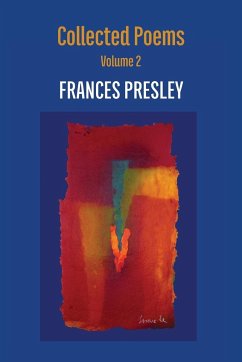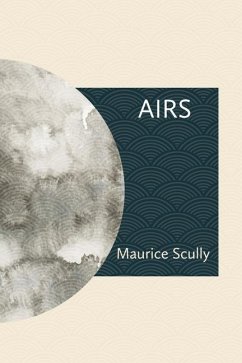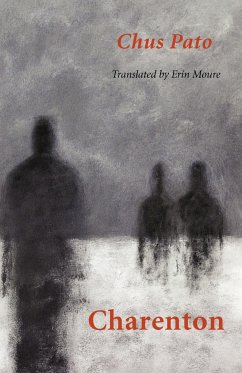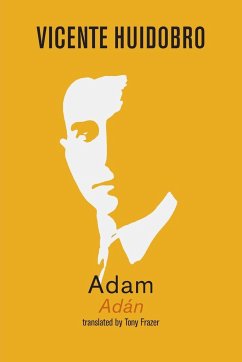
Adam
Versandkostenfrei!
Versandfertig in 1-2 Wochen
16,99 €
inkl. MwSt.

PAYBACK Punkte
8 °P sammeln!
Adán, published in 1916, is Huidobro's earliest mature work and his first attempt at free verse. While still full of rhetorical gestures from his previous symbolist (or modernista) style, heavily influenced by Rubén Darío, the book shows the author moving into very new territory, if at this stage not fully able to cast off his previous allegiances. It is fair to say that the book would today be forgotten, were it not for the author's spectacular later career, but it retains some interest as a transitional volume, albeit not as much as that demonstrated by El espejo de agua (The Water Mirror...
Adán, published in 1916, is Huidobro's earliest mature work and his first attempt at free verse. While still full of rhetorical gestures from his previous symbolist (or modernista) style, heavily influenced by Rubén Darío, the book shows the author moving into very new territory, if at this stage not fully able to cast off his previous allegiances. It is fair to say that the book would today be forgotten, were it not for the author's spectacular later career, but it retains some interest as a transitional volume, albeit not as much as that demonstrated by El espejo de agua (The Water Mirror), also first published in 1916, but written after Adam. Adam is a young man's book, embarrassingly so at times, as the author proudly sets out his stall, but it represents a major leap forward. With his claim to Emersonian influence, his dismissal of traditional Hispanophone poetry in the Preface, and that typically outrageous tone-one we will meet many times in his later works, where he shouts from the rooftops, "Look at me!", and lays into his perceived enemies-it's hard to ignore the fact that Huidobro was all of 21 when he began this poem. The sins of youth, indeed.





